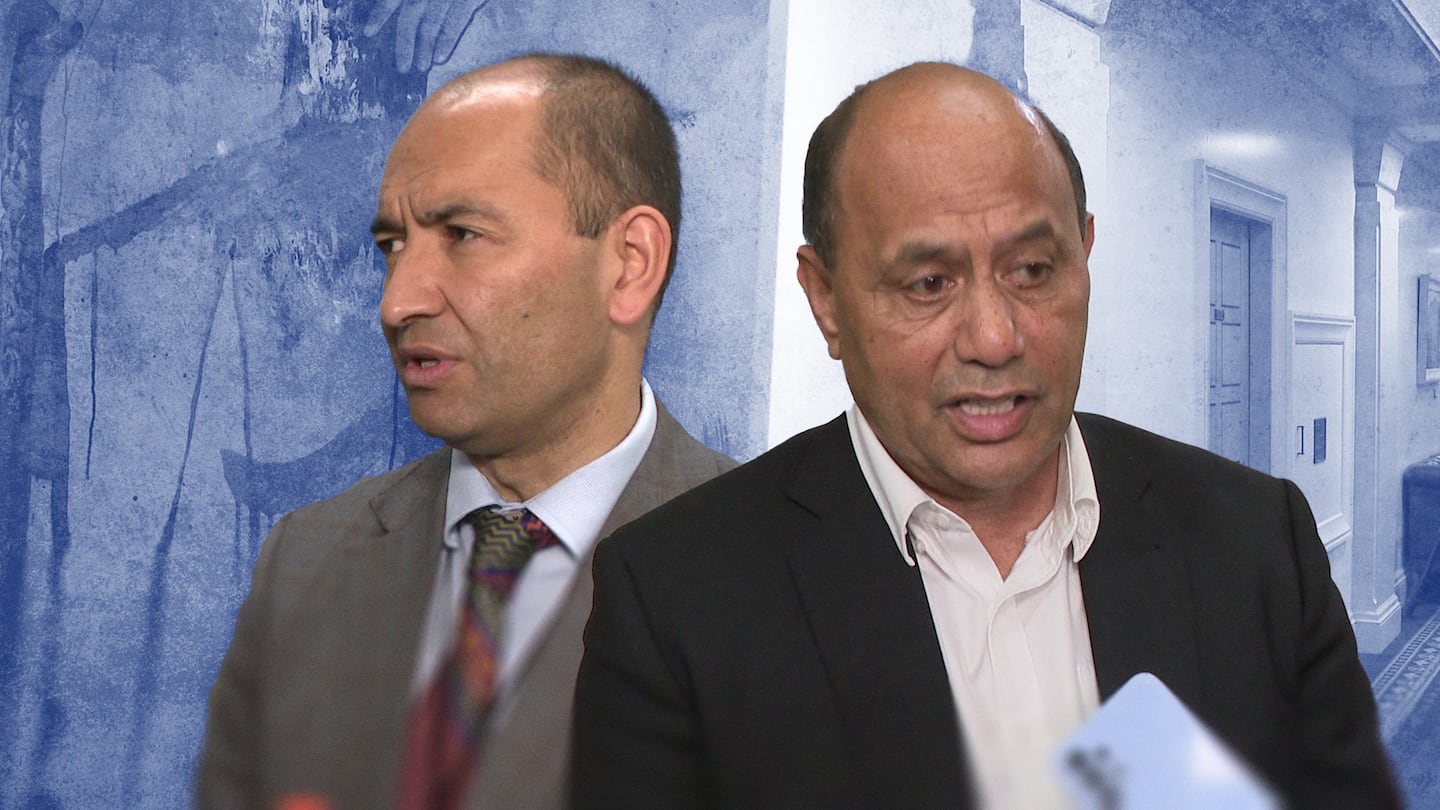Labour MP Willie Jackson has gone on the offensive, accusing the government of manipulating data and taking credit for the previous Labour government’s progress on emergency housing - claims associate housing minister Tama Potaka rejects outright.
All of this comes as reports emerge that Kāinga Ora will cut 321 jobs, up from the previously proposed 232 roles.
RNZ is reporting Kāinga Ora’s kaimahi are being briefed today, with proposed cuts set to hit teams in urban planning and design, commercial, construction and innovation, and investment management.
The proposal will face “consultation” before confirmation in mid-November.
On Sunday, the government claimed the total number of whānau living in emergency housing had dropped by 57 percent, partly due to a change in policy in April, which saw tamariki living in emergency housing for more than 12 weeks prioritised.
But in a statement to Te Ao Māori News, Jackson said the government was “patting itself on the back for transitioning families from emergency housing to social housing they had no hand in building”.
Housing from previous funding by Labour
“The government can’t have it both ways,” Jackson said.
“On one hand, they don’t provide any funding to build additional houses in the budget, with the current pipeline of housing being funded by the previous government, and then claim it is because of their policies that the emergency housing numbers are down.”
Jackson assumed the associate housing portfolio when Labour was relegated to opposition following the 2023 general election.
He criticised the government for the lack of new funding for Kāinga Ora in Budget 2024, and claimed the pipeline of housing being built was actually from the previous funding from Labour, which he said Minister Chris Bishop admitted recently in Scrutiny Week.
But Potaka said under Labour, emergency housing turned into “a moral, social and financial catastrophe”.
“At its peak in November 2021, there were 4,983 households in emergency housing, which included thousands of children.”
57% reduction
Potaka said National campaigned on improving the number of whānau in emergency housing, in a policy known as Priority One.
Introduced in April, it set an ambitious target to get 75% of whānau out of emergency housing by 2030, and said number released this weekend already represented a 57% reduction.
“These are the real numbers of people no longer stuck in emergency housing. I am personally committed to ensuring children are no longer growing up in emergency motels.”
Potaka said there were 3141 households in emergency housing in December last year, and that number had shrunk to 1365 as of August.
The policy prioritised whānau with tamariki, who had been living in emergency housing for 12 weeks or longer, which Potaka has repeatedly referred to as “unsuitable dank motels”, to be the first to move into social housing.
He also pointed out that the tax burden on New Zealanders to support emergency housing had halved from its $1 million per day cost.
Where are all the houses?
Jackson also accused the government of “cutting support for those who need somewhere to live but not building any more homes so they have somewhere to go”.
“It’s pretty simple – the way you solve the housing crisis is to build more houses. Funding zero houses in the last Budget isn’t going to change that equation.”
“It’s there for all to see. National is motivated by spinning the stats to make them look good, rather than ensuring people have a warm, dry and safe home,” Jackson said.
Jackson was concerned about Kāinga Ora’s new housing pipeline, which he said, “dries up next year after what Labour committed, and quite literally they are leaving Kiwi families out in the cold”.
But “funding zero houses” was a misrepresentation of Budget 2024′s commitment to Kāinga Ora, according to Potaka, who says by mid-2026, Kāinga Ora will have added 2,650 homes to the state housing stock.
He also pointed to a government announcement earlier this year, funding $140 million to build an additional 1,500 new social houses by June 2027, “to keep the pipeline of social houses coming”.
Potaka criticised the previous Labour government, saying its mahi to fix the crisis was limited only to social housing.
In contrast, he felt the current National government was “taking action in a range of ways because social housing alone is not the solution”.
Additional reporting by RNZ.


